It can tolerate heat, drought, even salinity, with new research revealing genes that could improve stress tolerance in the two species of cultivated rices that nearly five billion people rely on for their staple diet.
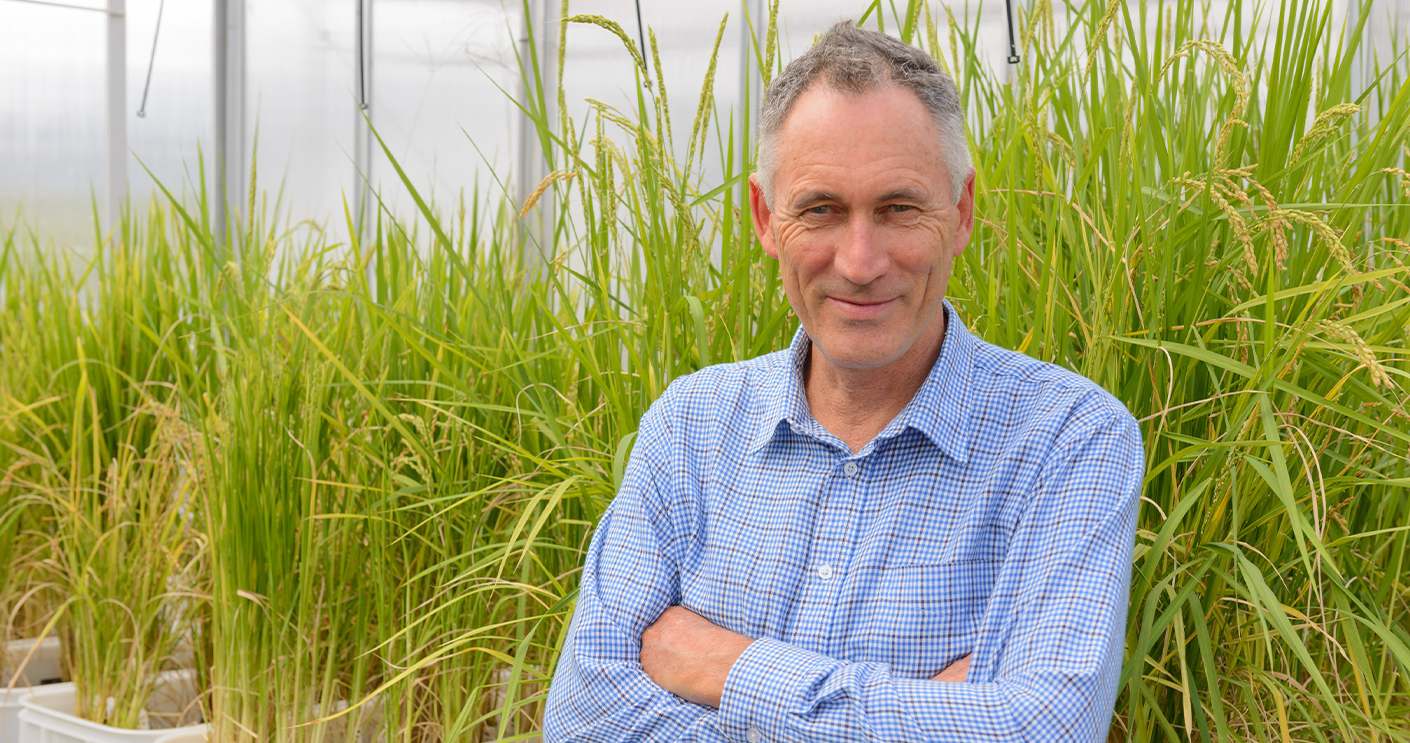

It can tolerate heat, drought, even salinity, with new research revealing genes that could improve stress tolerance in the two species of cultivated rices that nearly five billion people rely on for their staple diet.
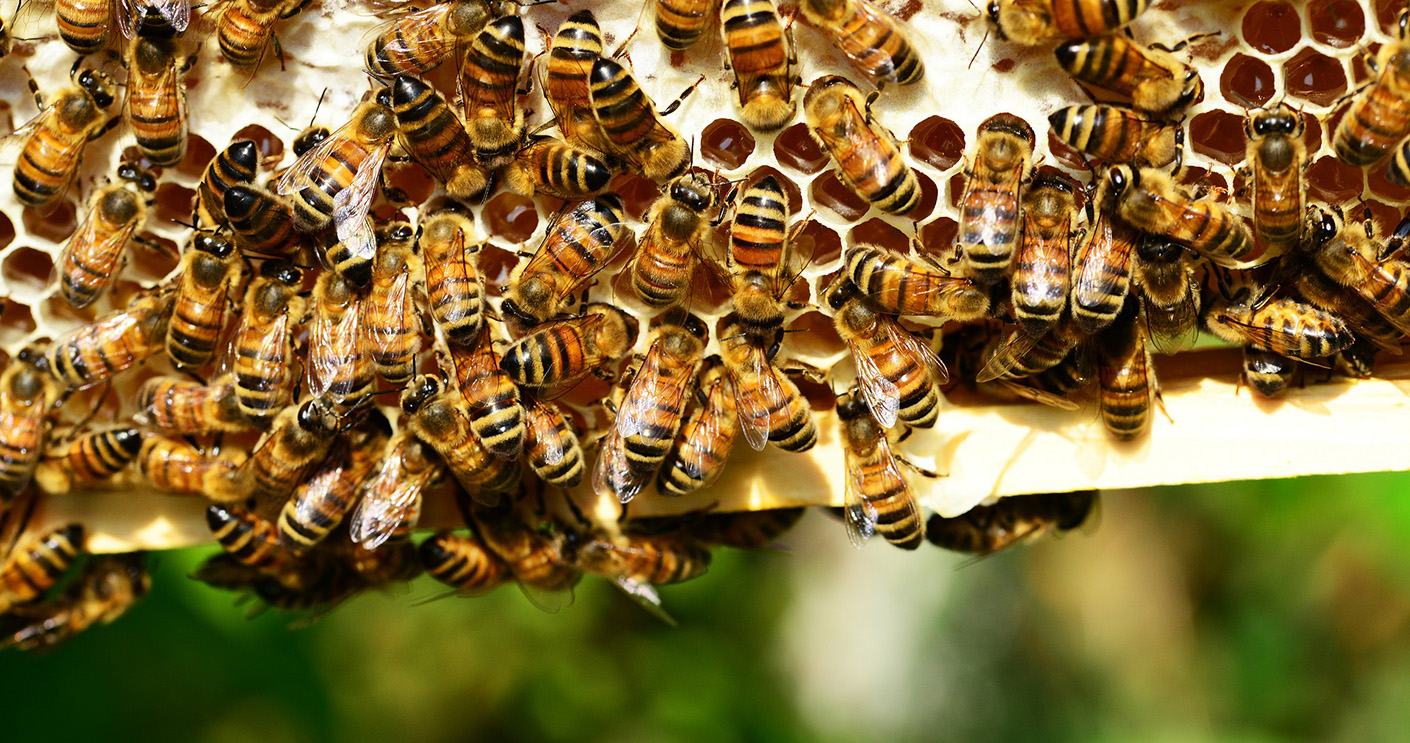
As part of the series for children on The Conversation, Marianne Peso from the Department of Biological Sciences answers eight-year-old Evie’s burning question: Do bees ever accidentally sting other bees? Evie’s question is super interesting. I have spent many years studying and working with different kinds of bees and I’ve never seen a bee accidentally sting another bee – but […]
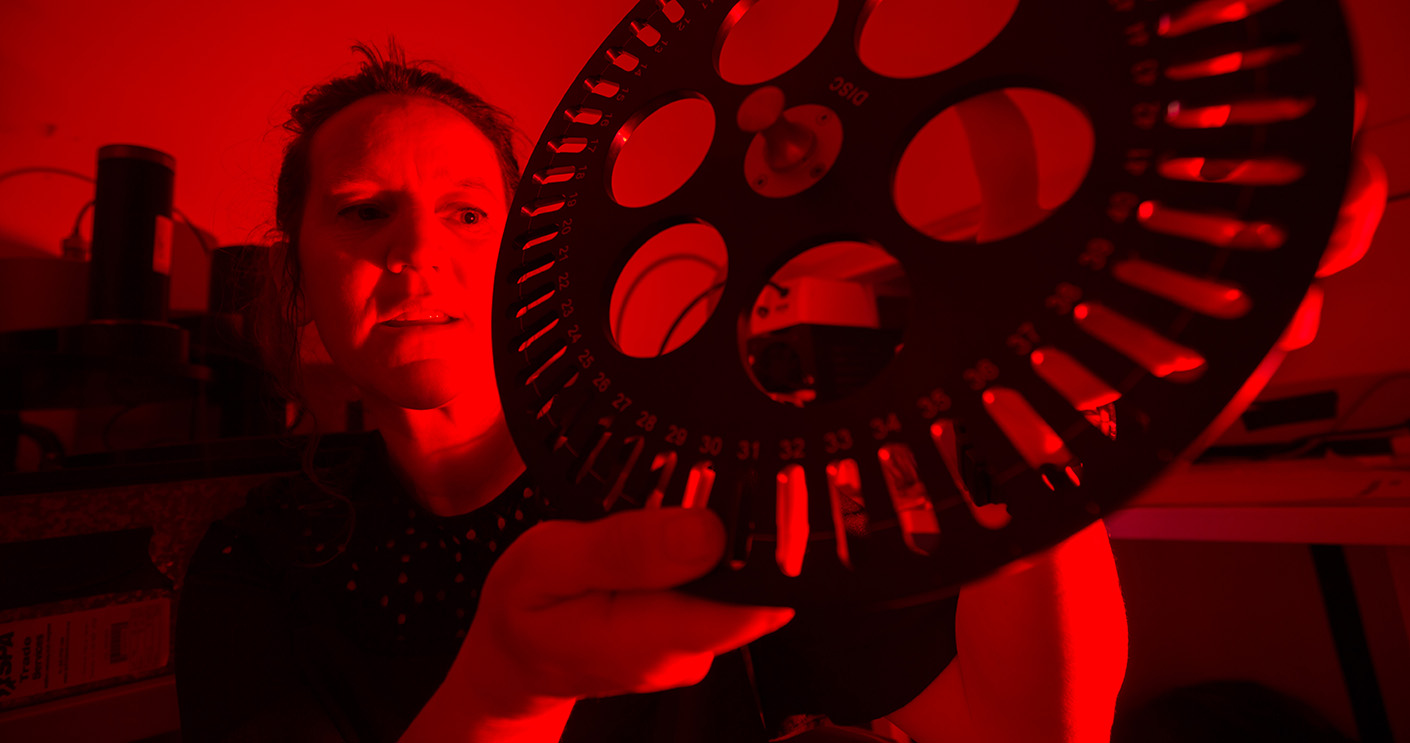
Rarely does science fit together nicely – invariably new evidence bulldozes through long held ideas, tramples over life works and tends to raise more questions than it answers. It’s messy, awkward and unrelenting. So, when a piece of research comes along that fits in with expectations, connects missing evidence and supports current research, it is […]
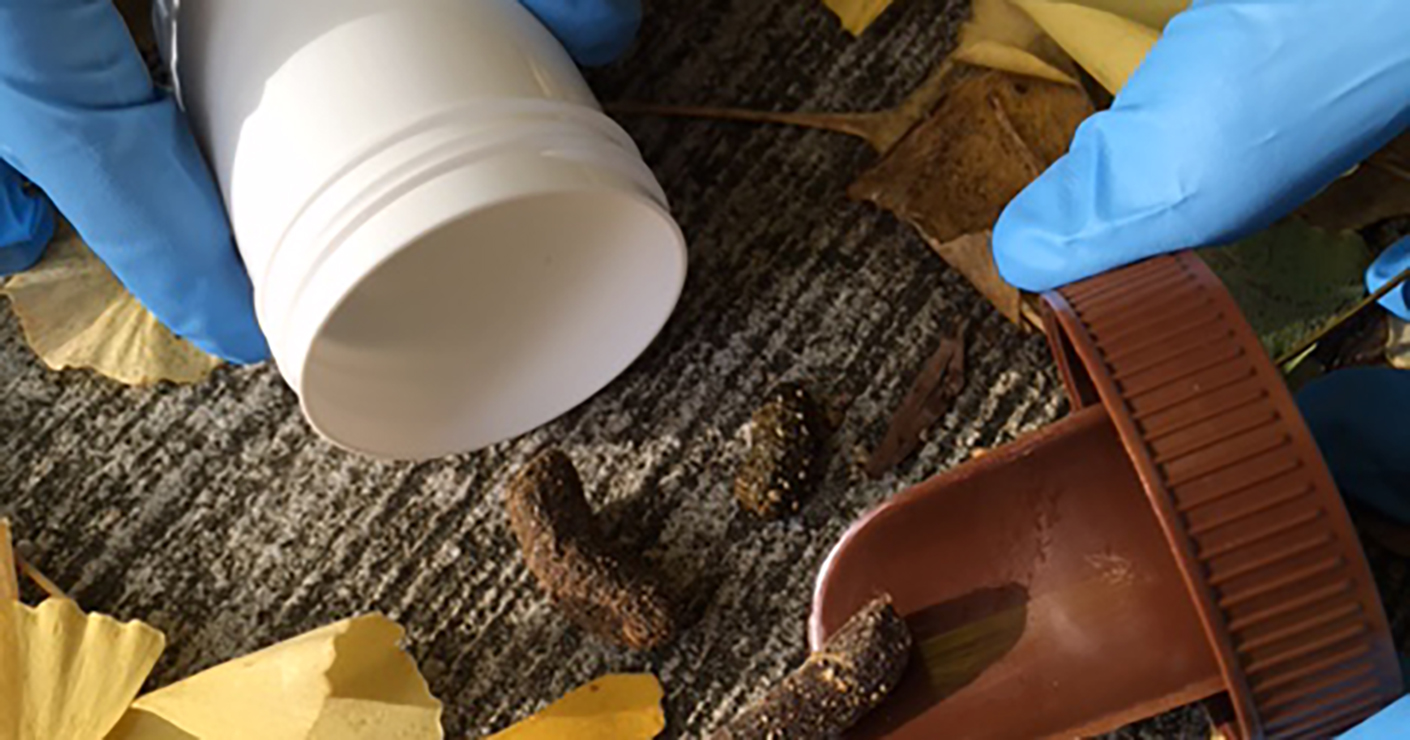
By 2050, it is predicted the death rate attributable to antibiotic resistance will be greater than that of cancer. We spoke to Associate Professor Michelle Power to find out what antibiotic resistance is, and why we need more than just new drugs to fight it? Antibiotic resistance is the ability of bacteria to overcome the […]
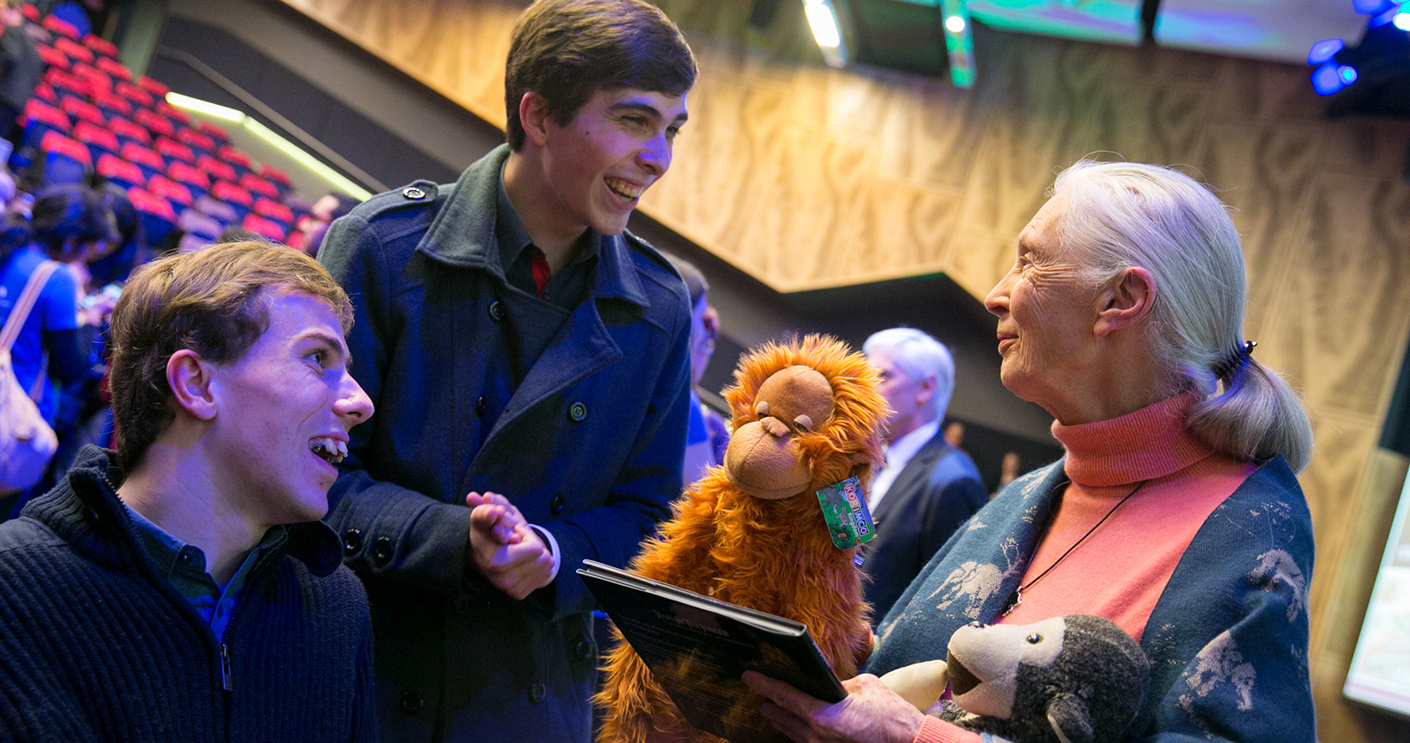
Not many details get past Dr Jane Goodall DBE, a lesson Deputy Vice-Chancellor (Research) Professor Sakkie Pretorius learned when the world-renowned conservationist visited campus last week. For the occasion, Professor Pretorius chose a tie from his native Africa, one he hasn’t worn in more than 15 years. “She is a person who observes everything. It […]
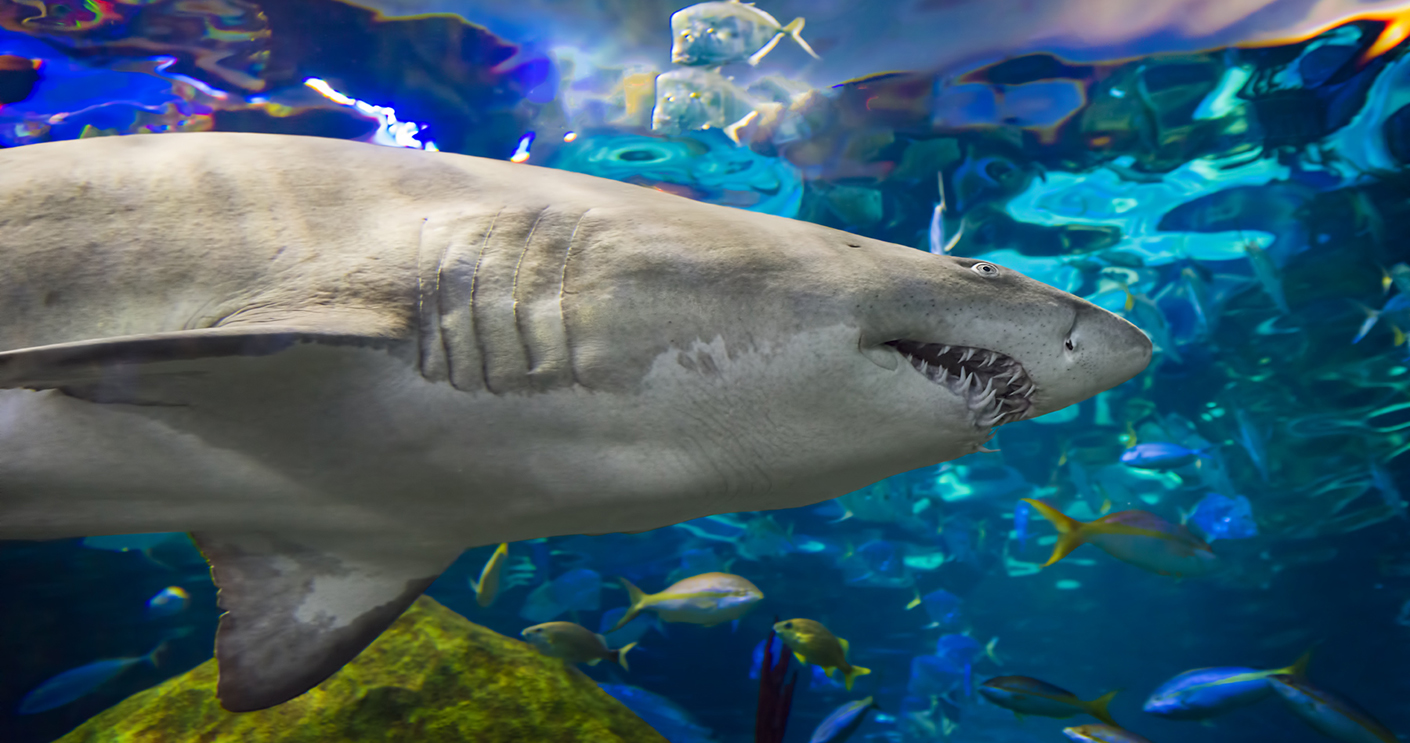
Associate Professor Jane Williamson from the Department of Biological Sciences answers four-year-old Desmond’s burning question – do sharks sneeze?
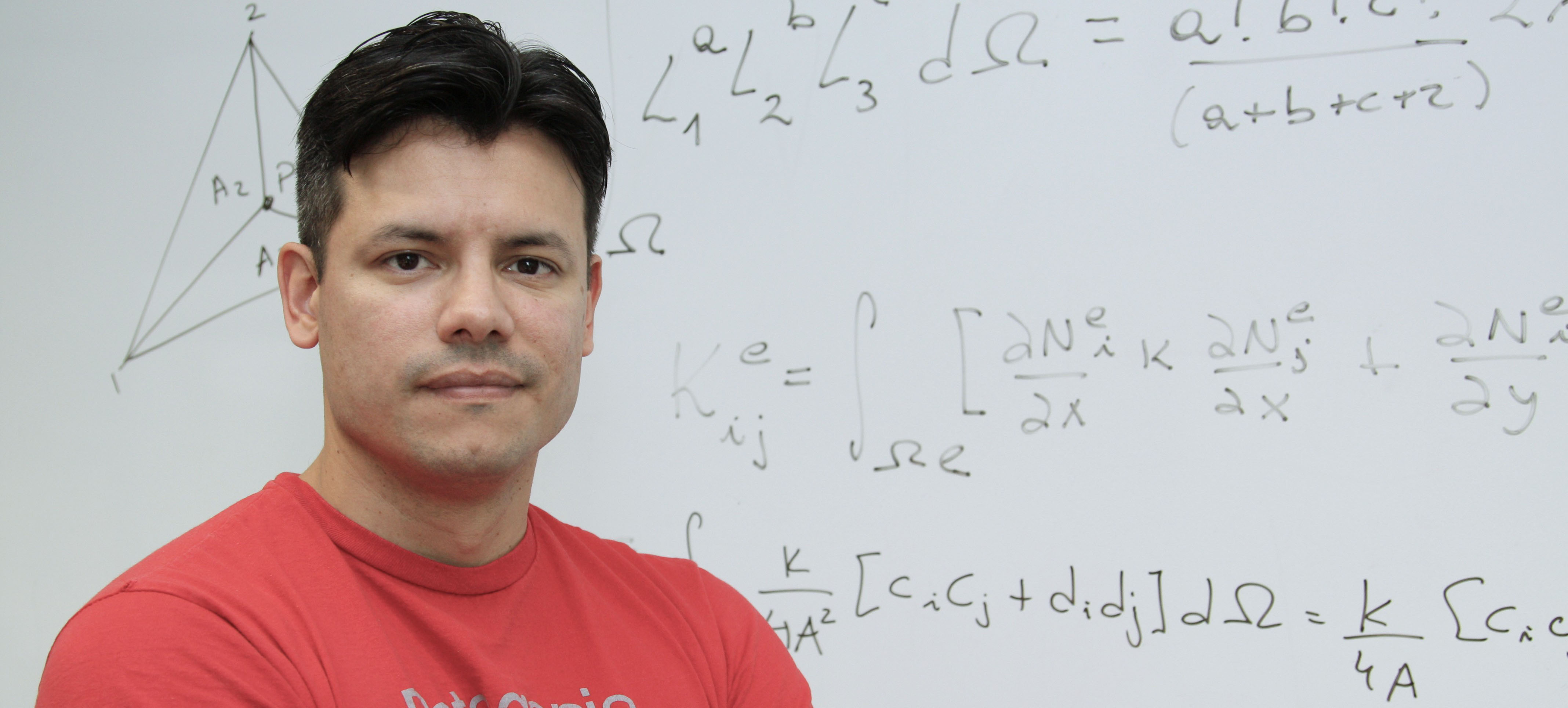
One of the highest honours in Australia in the Earth Sciences, the Anton Hales Medal, has been awarded to our very own Associate Professor Juan Carlos Afonso for his distinguished research contributions to his field. The early-career award is offered by the Australian Academy of Science to researchers who are within 10 years of completing […]
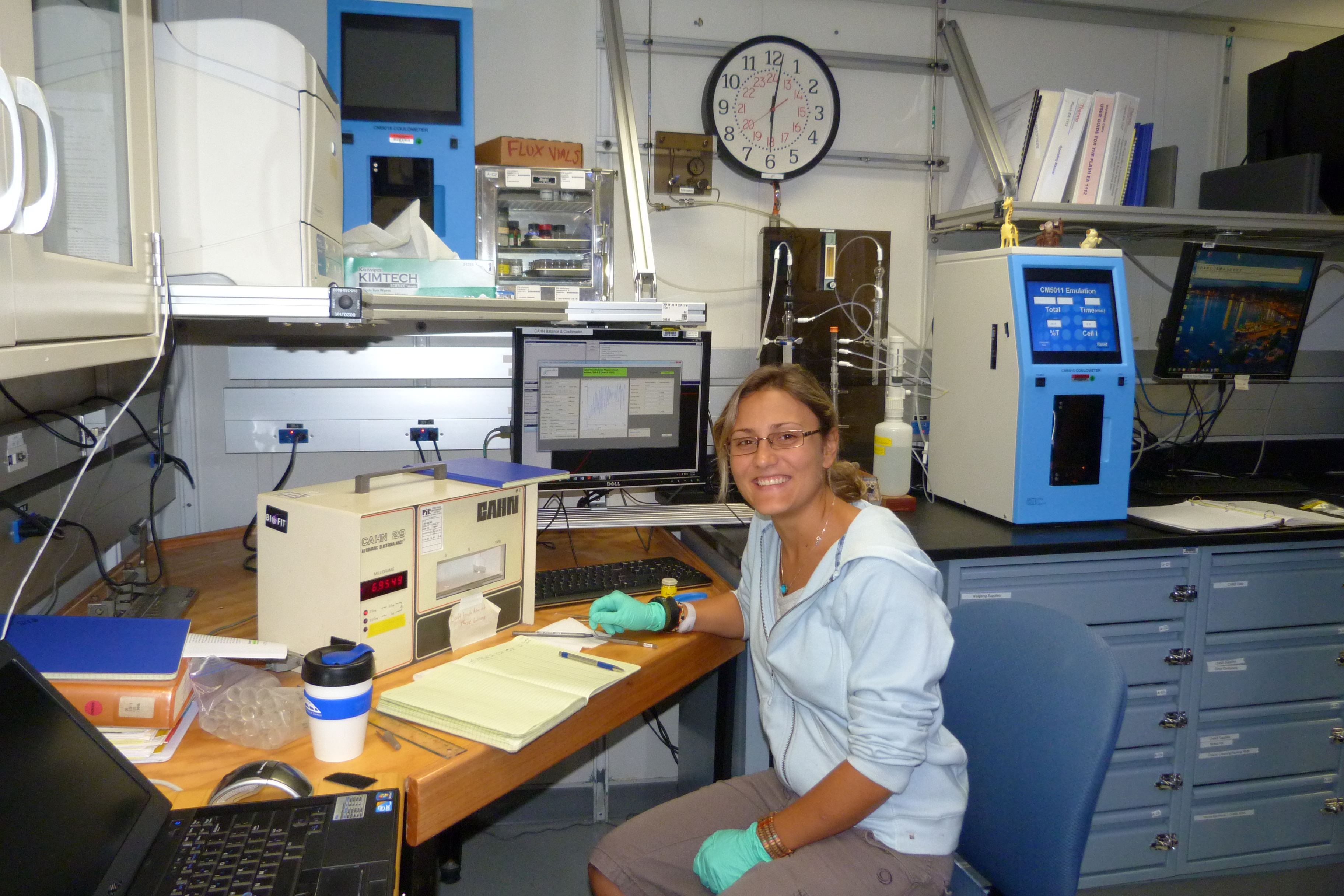
December’s Macquarie Minds Showcase brings together a compelling group of visionaries, researchers and experts to discuss how we can shape a brighter future. In the lead up, we are bringing you insights from Macquarie Minds presenters. Here, Sophia Aharonovich, PhD student in the Department of Earth and Planetary Sciences, talks about her time on board an […]
Rivers and wetlands provide water for human use and support rich and biologically diverse ecosystems in arid and semiarid landscapes (drylands). We sat down with Dr Tim Ralph from the Department of Environmental Sciences to understand why the conservation of these areas is important and learn about his research into why Botswana might hold the […]
Arguably the longest, most impressive and complex rock art sequence anywhere in the world can be found in the remote Kimberley region of Western Australia. Dr Kira Westaway from the Department of Environmental Sciences worked alongside researchers from the University of New England and the University of Wollongong, as well as Aboriginal Traditional Owners based […]